The Cinemino
The Cinemino is a small cinema in the heart of the Fulgor Palace where every Tuesday at 4pm Fellini’s films are shown in rotation.
Every day the documentary “La verità della menzogna” by Gianni Canova and Chiara Lenzi (Italy 2021, 72′), produced by Lumière&.Co and Anteo exclusively for FM – Fellini Museum Rimini, is shown on a loop.
Access to the cinema is reserved for visitors to FM – Fellini Museum

Movie schedule
Fulgor Palace at 14.00
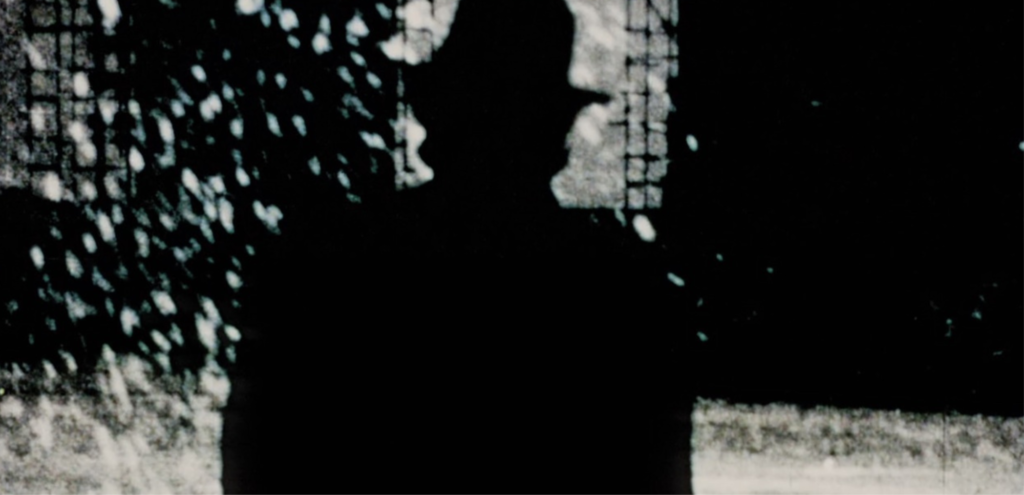
Block-notes di un regista
by Federico Fellini (Italy 1969, 60′)It is a fake documentary following Fellini along the remains of Il viaggio di G. Mastorna’s set and then on his inspections to find relics of ancient times and during Satyricon auditions..
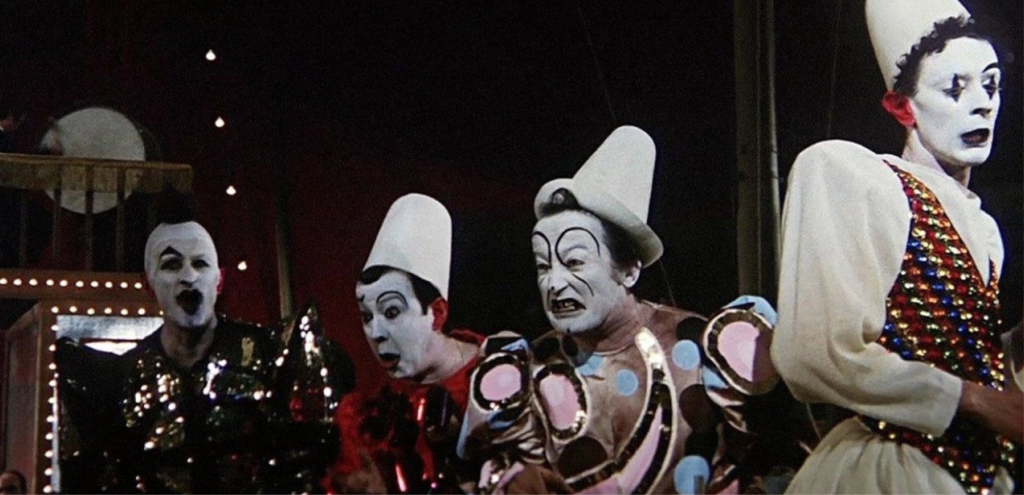
I clowns
by Federico Fellini (Italy 1970, 93′)A circus tent is being installed and a child looks on curiously. Clowns remind him of some real-life characters. We then move on to the present day. Fellini is looking for old clowns and is willing to listening to them telling him their memories.

Fellini degli spiriti
by Anselma Dell’Olio (Italy 2020, 100’)The documentary that describes, for the first time, Federico Fellini’s “unseen,” spiritual and supernatural world through extraordinary archival materials from Rai Teche and Istituto Luce, images from his films and exclusive interviews.
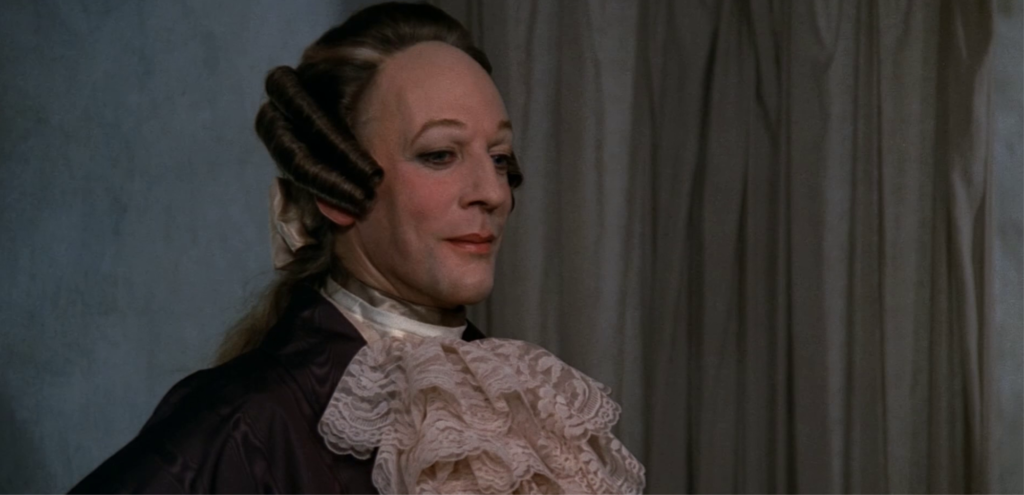
Il Casanova di Federico Fellini
by Federico Fellini (Italy 1976, 170′)During the Venice Carnival Giacomo Casanova accepts to make sex with a fake nun to please the woman’s lover – who’s a French ambassador and a voyeur – and hopefully draw some advantages. He is instead arrested by the Inquisition and charged with black magic.

Ginger e Fred
by Federico Fellini (Italy 1985, 125′)Amelia, a former dancer called “Ginger”, arrives at Termini railways station; she is a widower and owns a small business. She has to dance on a television variety show with her old partner Pippo, called “Fred”. It’s Christmas time and the station is crowded.

Fellini fine mai
by Eugenio Cappuccio (Italy 2019, 81′)Eugenio Cappuccio reconstructs in this documentary how he got to know Fellini in Rimini as an adolescent, and later, after having studied at Centro Sperimentale di Cinematografia, when they worked together on the set of Ginger and Fred.
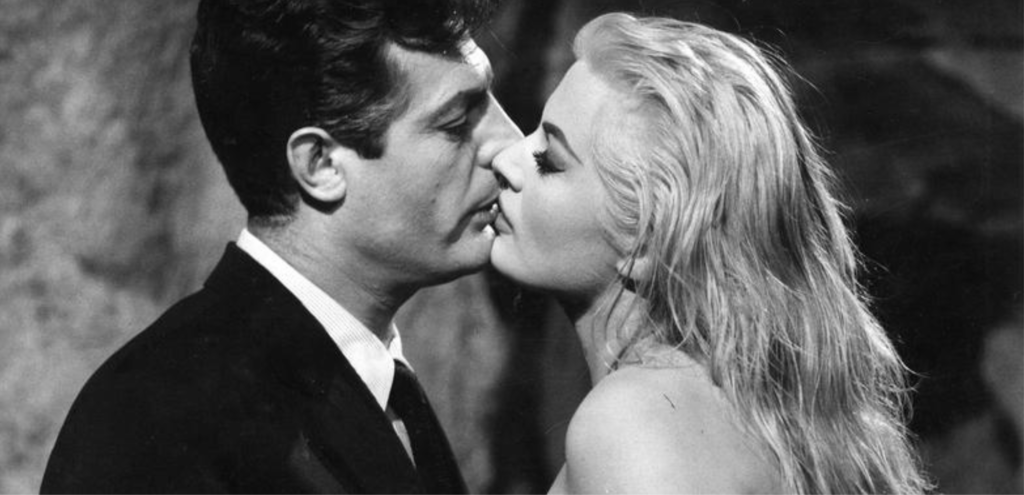
La dolce vita
by Federico Fellini (Italy 1960, 178′)Marcello is a gossip columnist, and is searching for a way to become a serious writer. He’s fully involved in Rome’s ‘dolce vita’. He’s flirting with an aristocrat who’s always looking for new emotions. He has a partner, Emma, and feels oppressed by her jealousy.
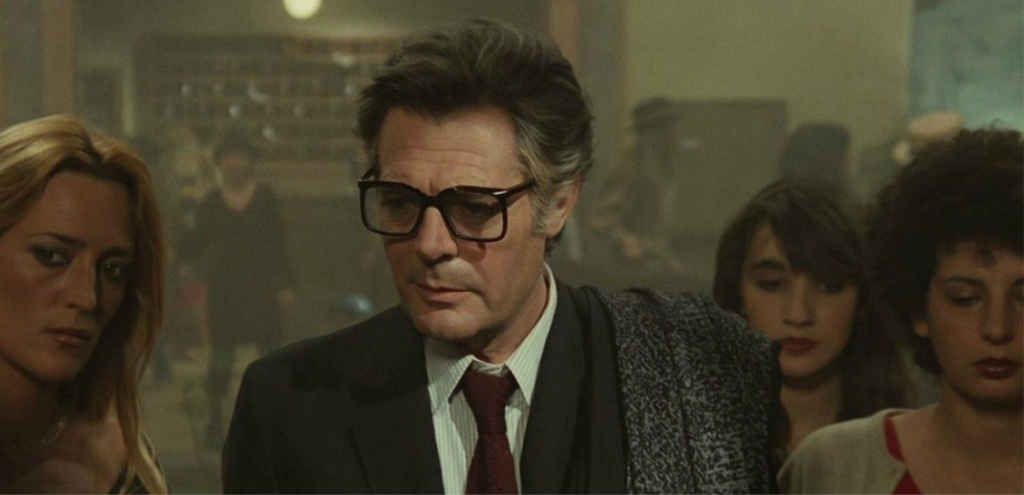
La città delle donne
by Federico Fellini (Italy 1980, 145′)During a train ride across the country, Snàporaz, a well-bred fifty-year-old man, wakes up and has a brief fling with a beautiful woman in the restroom. The train suddenly stops and the woman gets off. Snàporaz follows her into the wood and into a Grand Hotel Miramare.
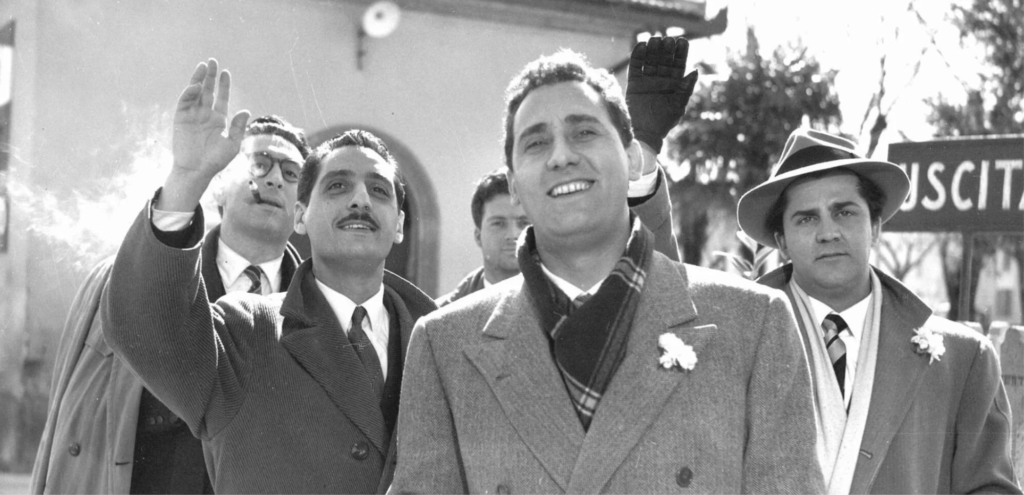
I Vitelloni
by Federico Fellini (Italy 1953, 103′)Set in the director’s hometown of Rimini, I Vitelloni follows the lives of five young vitelloni, or layabouts, who while away their listless days in their small seaside village. Fausto, the leader of the pack, marries his sweetheart, but finds himself constantly distracted by other women.
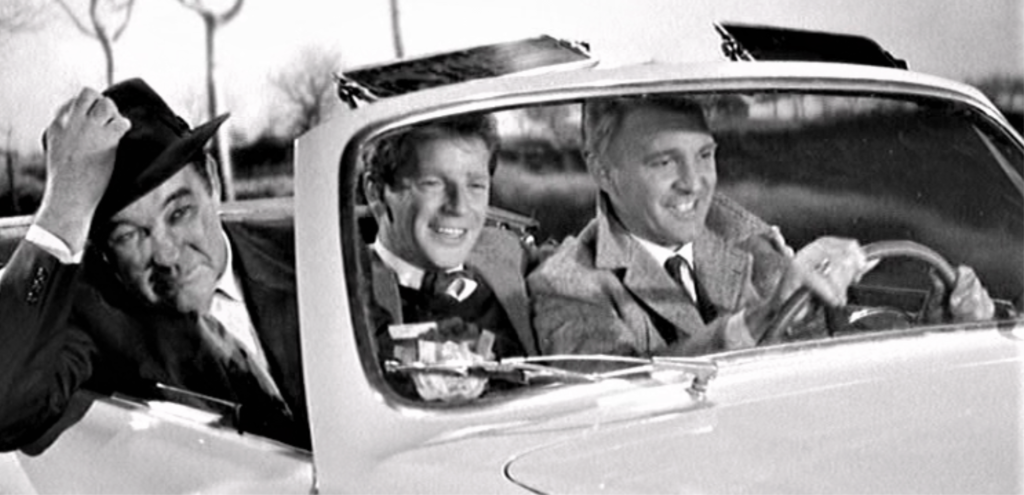
Il bidone
by Federico Fellini (Italy 1955, 104′)Roberto, Picasso and August are ‘professional swindlers’. They dress up as priests and cheat, then they pretend to be government officers and swindle people living in emergency housing while promising them they’ll be assigned a house.
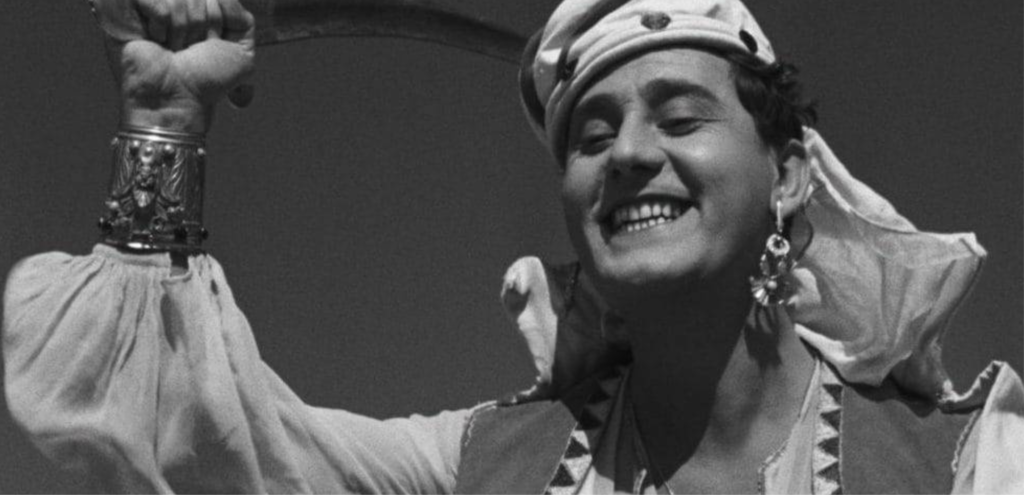
Lo sceicco bianco
by Federico Fellini (Italy 1952, 85′)Two newly-weds, Wanda and Ivan, are spending their honeymoon in Rome during the Holy Year. He comes from a bourgeois family and has planned everything, including visiting the Pope. As soon as they arrive in Rome, Wanda leaves the hotel and looks for the White Sheik.
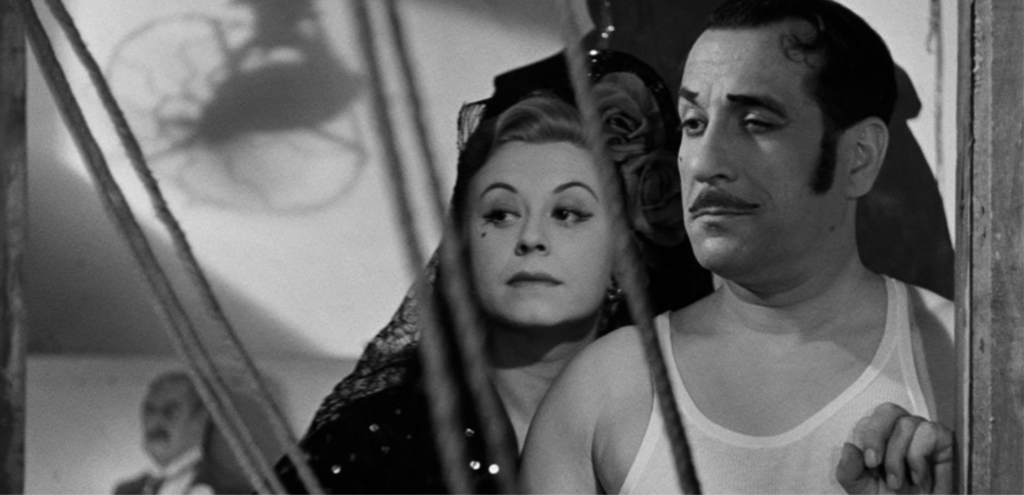
Luci del varietà
by Federico Fellini (Italy 1950, 100′)“Luci del Varietà” is about a bunch of misfits of a traveling vaudeville troupe. The group of actors, dancers, and performers struggle to make money and perform in front of just a few people. Their director, Checco Dal Monte, wants to be successful.
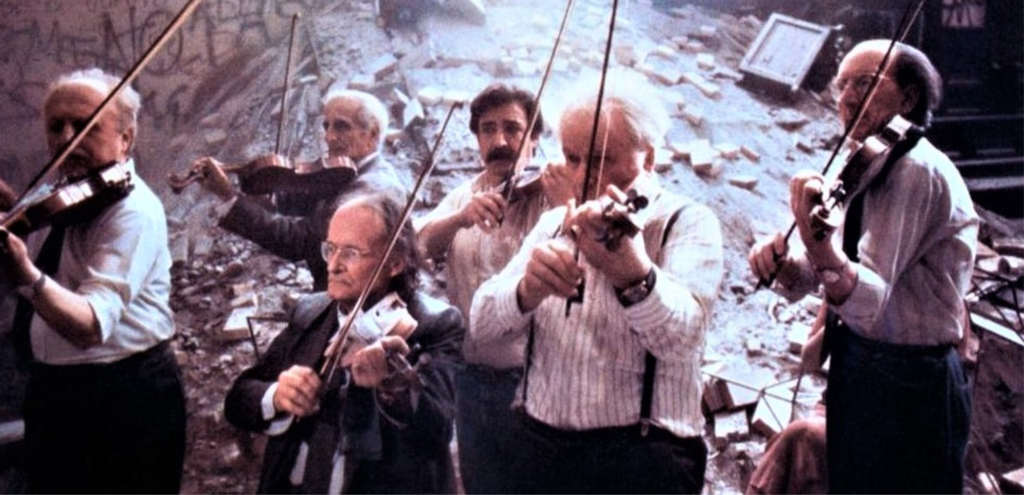
Prova d’orchestra
by Federico Fellini (Italy 1979, 70′)An orchestra assembles for a symphony concert rehearsal in a parish youth club (‘oratorio’). Instrumentalists arrive in small groups and take their seats. Union shop stewards are there too, in a corner.
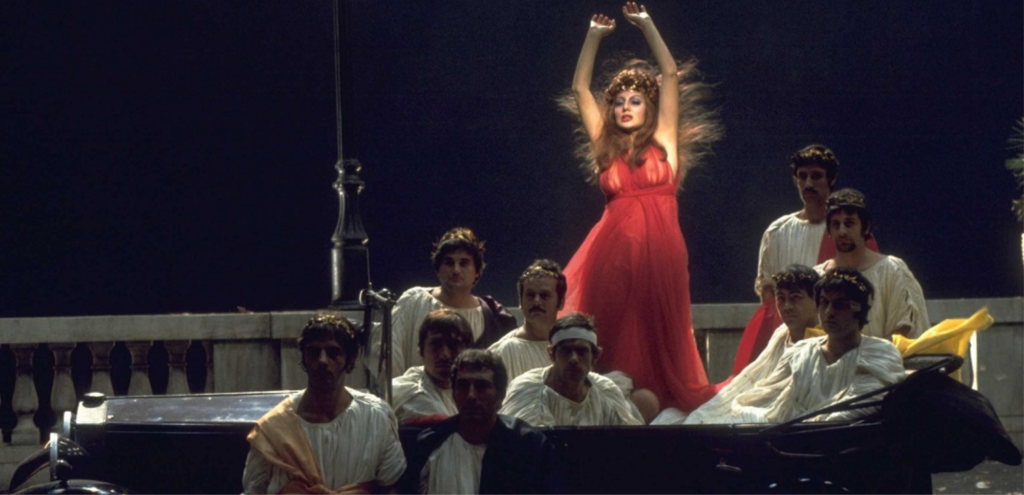
Roma
by Federico Fellini (Italy 1972, 119′)Early in the ‘30s, a young man who’s staying at a boarding school run by priests imagines Rome based on his teachers’ statements and the Fascist regime’s rhetoric. In 1939, when he turns twenty, he goes to Rome and discovers the city’s real nature.
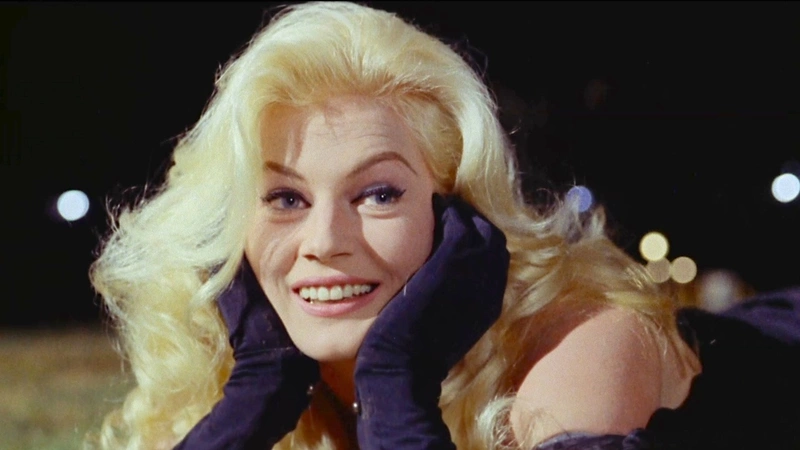
Boccaccio ’70 (“Le tentazioni del dottor Antonio”)
by Federico Fellini (Italy 1962, 60′)Doctor Antonio, an unbending moralist, waged a personal war against spreading immorality. He improvised sermons in front of a boy-scout audience, he bothered couples looking for intimacy, he even tore off covers from magazines displayed at newspaper kiosks.
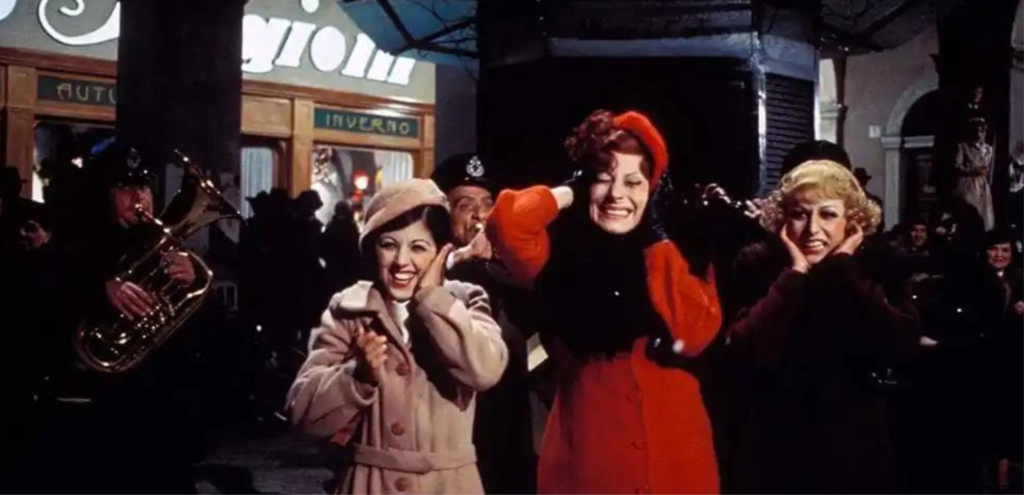
Amarcord
by Federico Fellini (Italy 1973, 127′)The film is set in the 30s in Rimini. The inhabitants of the town are very peculiar. Titta is a teenager who is growing up with a Catholic education and the Fascist rhetoric. His father Aurelio is an anarchical and antifascist master mason, who has to support his family.
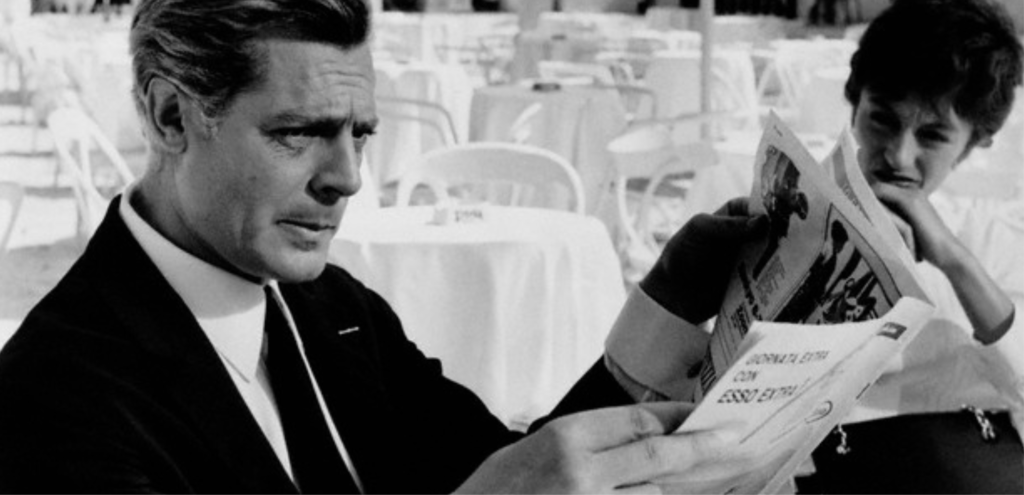
8½
by Federico Fellini (Italy 1963, 114′)Guido Anselmi, a famous Italian film director, is suffering from the “director’s block”. Despite Anselmi declaring that this movie should be an easy one to make, he is having problems with his artistic vision, and in particular he does not want to tell lies on the screen.
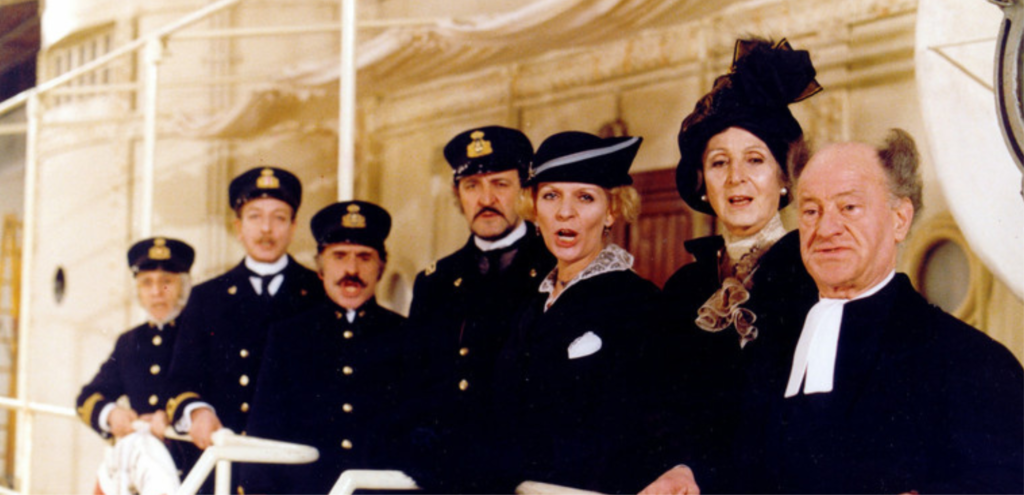
E la nave va
by Federico Fellini (Italy 1983, 132′)The film opens with the liner “Gloria N.” ready to sail from Naples Harbor in July 1914. Orlando, an Italian journalist, tells viewers that the cruise is a funeral voyage to scatter opera singer Edmea Tetua’s ashes near the island of Erimo, her birthplace.
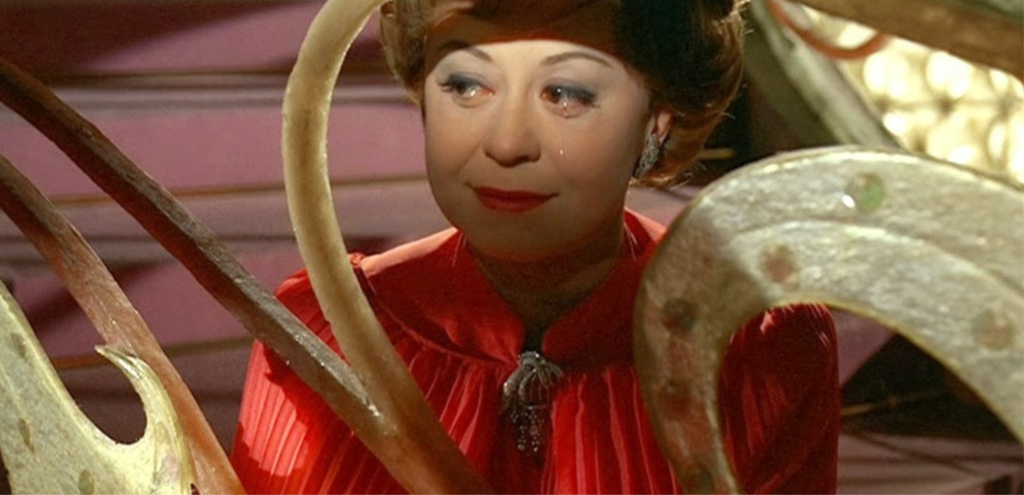
Giulietta degli spiriti
by Federico Fellini (Italy 1965, 120′)Giulietta is a wealthy middle-class housewife living in Fregene, who constantly fears her husband Giorgio is cheating on her. While she yearns for a peaceful intimate evening with him on the night of their 15th wedding anniversary, the egotistical Giorgio has forgotten about it and arrives home with his eccentric friends.
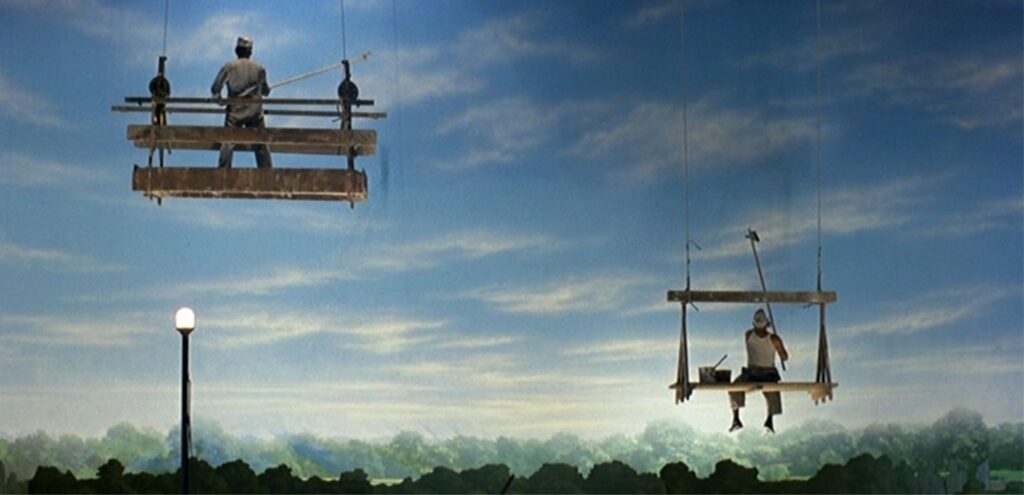
Intervista
by Federico Fellini (Italy 1987, 113′)Intervista begins with a Japanese television crew arriving at the studio early to be able to watch Fellini as he starts shooting a new film, which is said to be an adaptation of Kafka’s Amerika.
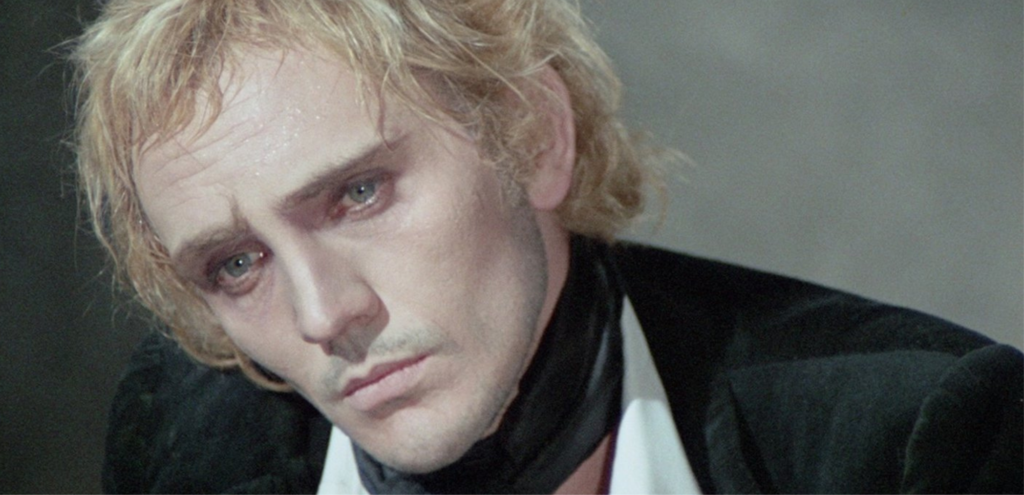
Tre passi nel delirio (“Toby Dammit”)
by Federico Fellini (Italy 1968, 43′)Toby Dammit, a former Shakespearean actor, and a drug-addict and an alcoholic at present, is in Rome. He’s going to be the main character of the first Catholic western film.

Siamo qui per provare
by Greta de Lazzaris e Jacopo Quadri (Italy 2022, 88’)A theater documentary following a company through the turbulent creative process of a show in search of its script.
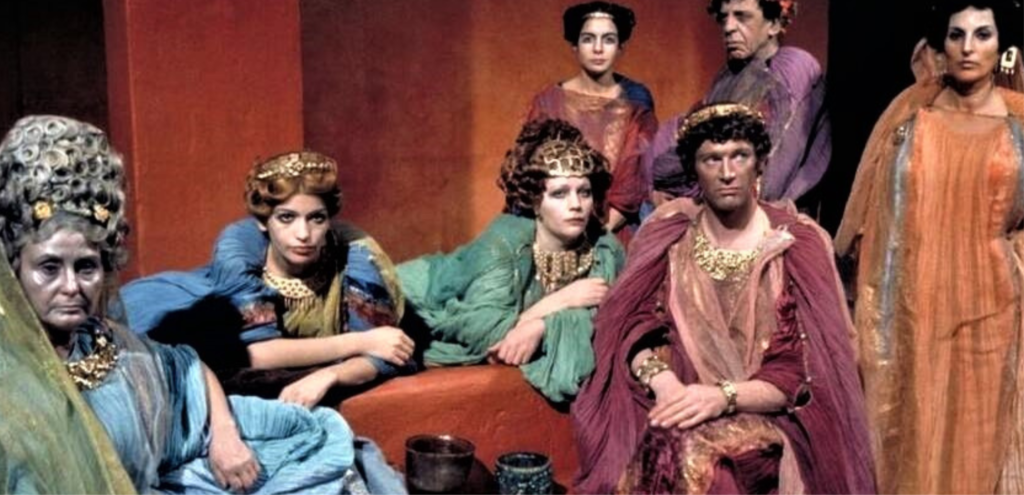
Fellini Satyricon
by Federico Fellini (Italy 1969, 138’)Two young men, Encolpius and Ascyltus, are in love with an effeminate boy named Giton. Ascyltus ‘steals’ Giton from Encolpius and sells him to Vernacchio, an actor of vulgar pantomimes. Encolpius manages to take Giton back.
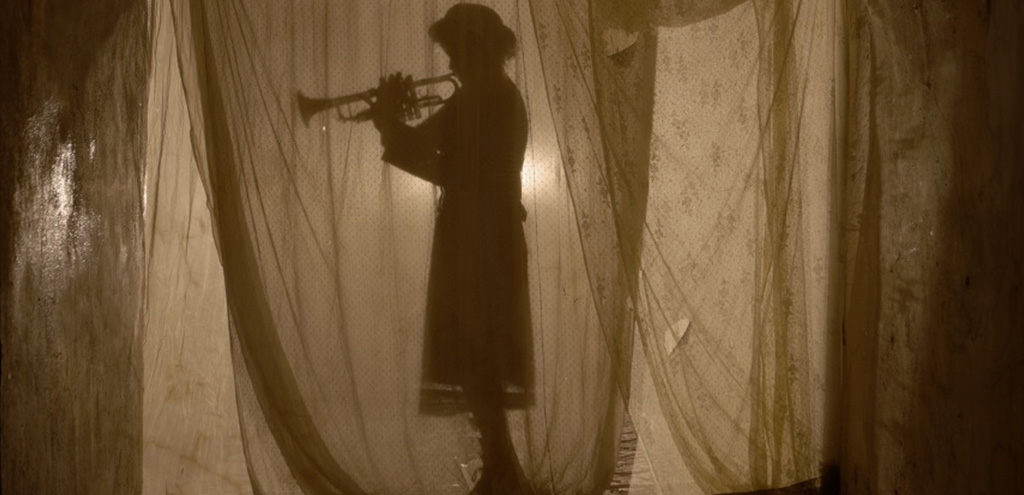
Fellini e l’ombra
by Catherine McGilvray (Italy, 2021, 64′)Fellini lived with a secret, one that Claudia, a Portuguese documentary filmmaker who was interested in making a film about him, investigated. The traces of this secret are in the Book of Dreams and in Fellini’s relationship with Dr. Bernhard, his analyst and pioneer of Jungian psychoanalysis in Italy, without whom the masterpiece film 8 1/2 would never have been made. Other traces also appear in some coincidences, in the testimonies of friends, in the places dear to Fellini: Rome, Rimini, Jung’s Tower House in Bollingen. But what Claudia discovers is also something magical and moving: the certainty that for Fellini the dream is the only true reality.
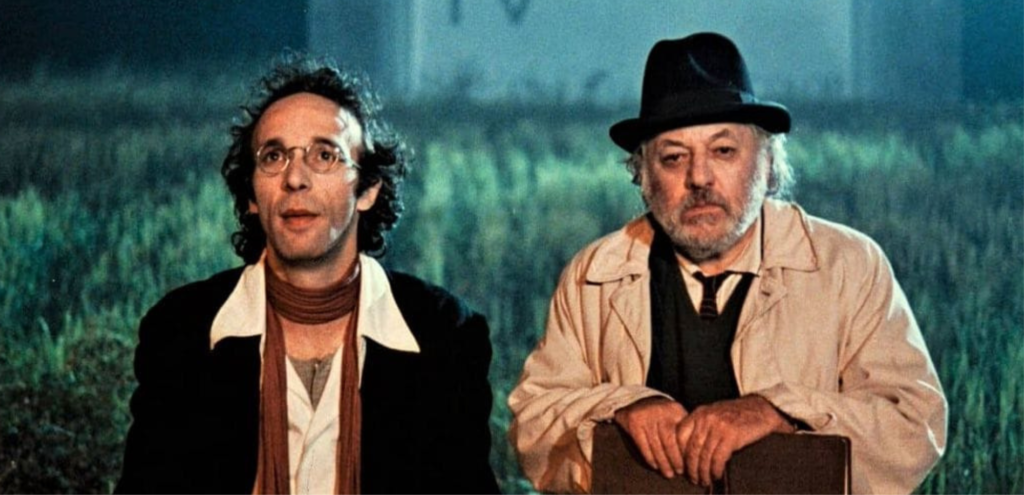
La voce della luna
by Federico Fellini (Italy 1990, 118′)Hinting at the lunar-obsessed lyrics of Italian poet Giacomo Leopardi, the tale focuses on Micheluzzi Brothers capturing the moon while Ivo – who’s just been dismissed from a mental hospital – tries to seduce Aldina Ferruzzi, the woman he’s in love with.

